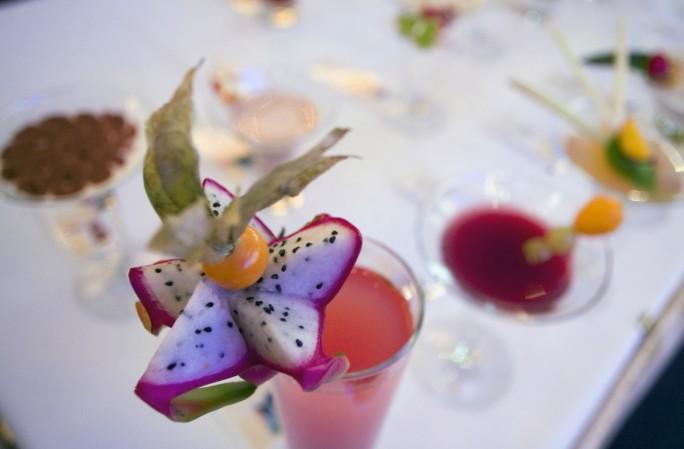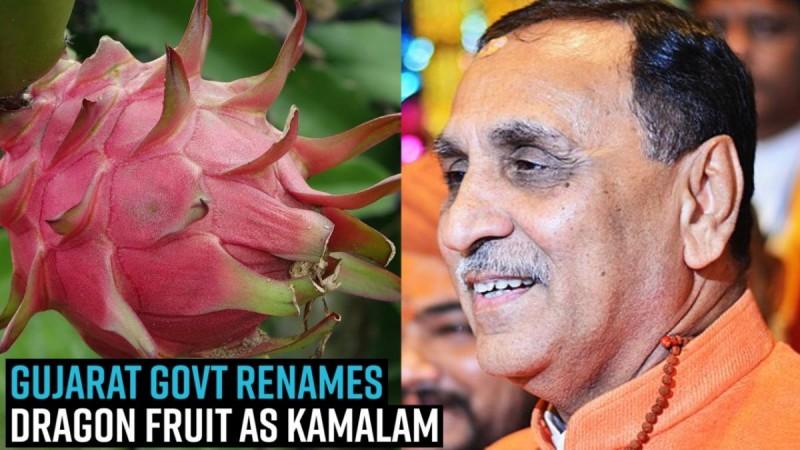Consignments of fibre and mineral-rich 'dragon fruit,' purchased from farmers in Gujarat and West Bengal, have been sent for the first time to London, the United Kingdom, and the Kingdom of Bahrain, providing a substantial boost to exotic fruit exports. Dragon fruit is also known as Kamalam in India.
Exotic fruit was supplied from farmers in the Kutch region and shipped by the Agricultural and Processed Food Products Export Development Authority's (APEDA) registered packhouse in Bharuch, Gujarat, while 'dragon fruit' was sourced from farmers in West Midnapore (West Bengal) and exported by an APEDA-registered firm in Kolkata.
A consignment of 'dragon fruit' sourced from farmers in Tadasar village, Sangli district, Maharashtra, was earlier sold to Dubai by an APEDA authorised exporter in June 2021.

The production of 'dragon fruit' began in India in the early 1990s, and it was initially grown as a home garden crop. The exotic 'dragon fruit' has grown increasingly popular in recent years in the country due to its high export value, and has been taken up for cultivation by farmers in several areas.
White flesh with pink skin, red flesh with pink skin, and white flesh with yellow skin are the three primary kinds of dragon fruit. Consumers, on the other hand, usually enjoy red and white flesh.
Grown in many states
Dragon fruit is mostly grown in Karnataka, Kerala, Tamil Nadu, Maharashtra, Gujarat, Odisha, Andhra Pradesh, besides the Andaman and Nicobar Islands. West Bengal is a newcomer when it comes to cultivation.
The 'dragon fruit,' scientifically known as Hylocereusundatus, is grown in Malaysia, Thailand, the Philippines, the United States, and Vietnam, and these countries are key competitors for Indian Dragon Fruit.

Dragon fruit growth requires less water and maybe cultivated in a variety of soils. Fibre, vitamins, minerals, and antioxidants are all present in the fruit. It can aid in the healing of cell damage caused by oxidative stress, as well as the reduction of inflammation and the improvement of the digestive system. The fruit is called 'Kamalam' because it contains spikes and petals that resemble lotus petals.
In July 2020, Prime Minister Narendra Modi focused on dragon fruit production in Gujarat's dry Kutch region on All India Radio's "Mann Ki Baat" programme. He had praised Kutch farmers for their fruit farming, for maintaining the country's self-sufficiency in its production. When the fruit is exported to the United Kingdom and the Kingdom of Bahrain, this goal has come true.
APEDA, an arm of the Ministry of Commerce, is working to export it to other European countries so that farmers may earn a better price for their produce. APEDA supports agricultural and processed food exports by assisting exporters through programmes such as the Trade Infrastructure for Export Scheme and the Market Access Initiative.

















